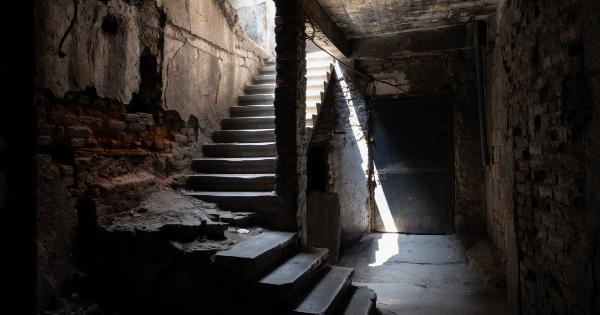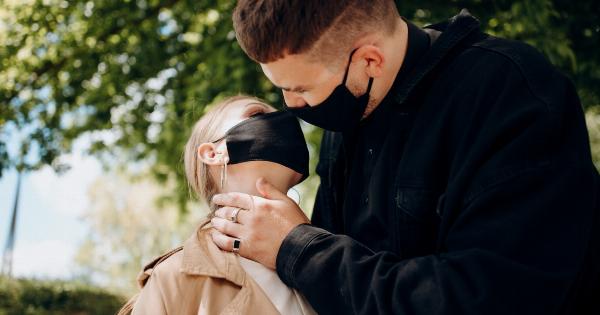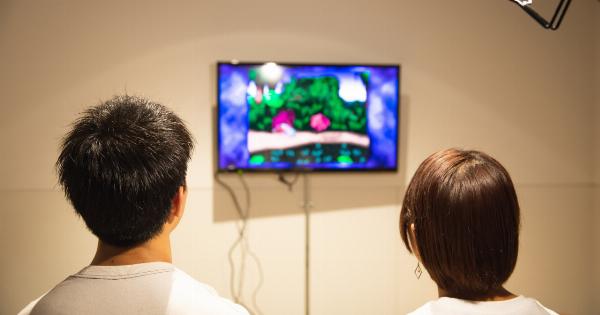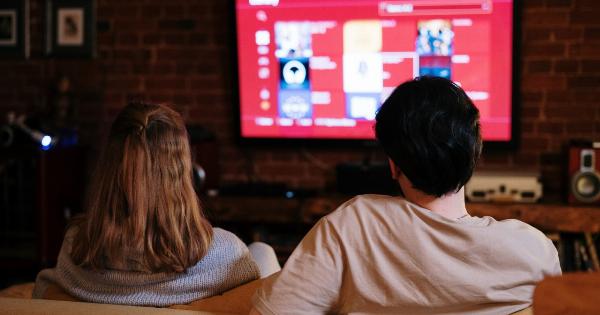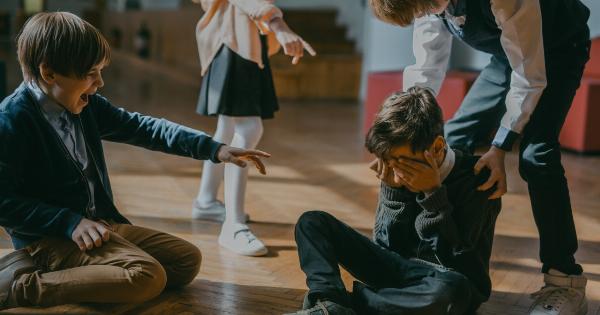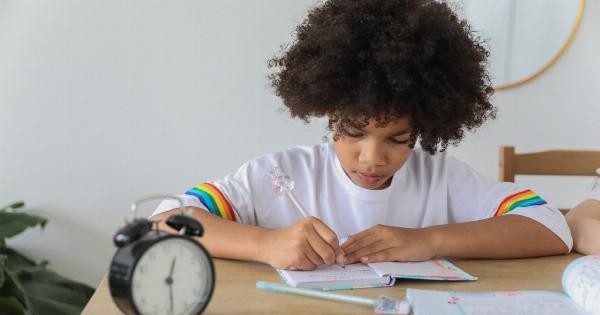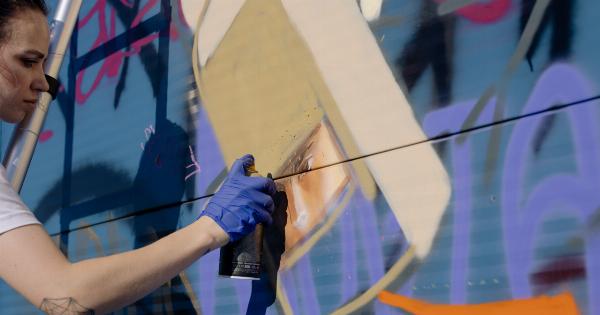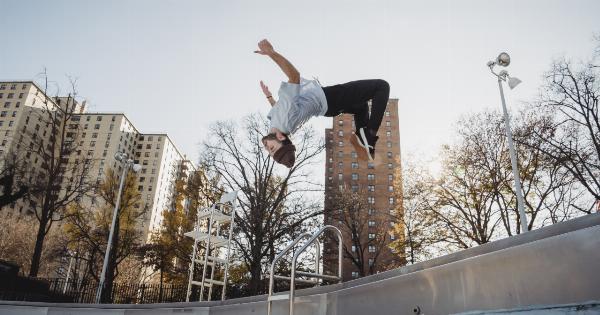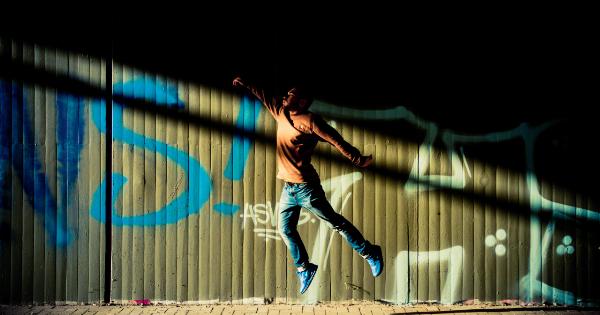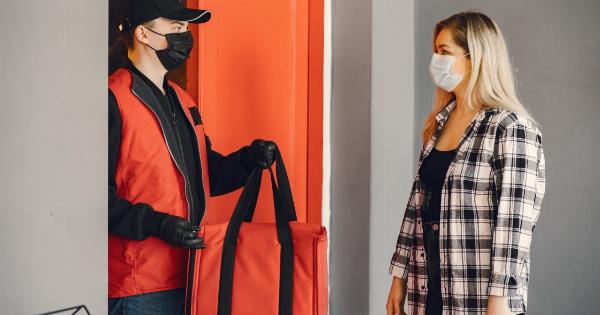When a minor is imprisoned, it not only affects their freedom but also has severe implications for their physical and mental health.
The experience of being incarcerated not only puts them at risk of physical harm but also exposes them to an environment that can cause long-lasting psychological damage. This article explores the various ways in which imprisoning minors can harm their overall well-being and discusses the need for alternative approaches to juvenile justice.
Physical Dangers of Imprisonment
1. Violence and Abuse:.
One of the major physical dangers of imprisoning minors is their heightened vulnerability to violence and abuse. In a correctional facility, they are often exposed to more aggressive and older inmates, putting them at significant risk of physical harm.
2. Lack of Proper Healthcare:.
Incarcerated minors often face inadequate access to healthcare services, including routine check-ups, vaccinations, and necessary treatments.
This lack of proper healthcare can lead to the exacerbation of pre-existing conditions and the development of new health issues, impacting their overall physical well-being.
3. Unhealthy Living Conditions:.
Prisons are notorious for their unsanitary and overcrowded living conditions, which can contribute to the spread of diseases. Minors confined in such environments are more susceptible to contagious illnesses, putting their physical health in jeopardy.
Mental Health Implications
1. Trauma and Post-Traumatic Stress Disorder (PTSD):.
Being incarcerated can be a deeply traumatic experience for minors.
The fear, violence, and isolation they encounter while imprisoned can result in the development of post-traumatic stress disorder (PTSD), leading to long-term psychological consequences.
2. Depression and Anxiety:.
The restrictive and isolating nature of imprisonment can significantly impact the mental health of minors.
They are cut off from their social support systems, deprived of educational and developmental opportunities, and may experience feelings of hopelessness, leading to depression and anxiety disorders.
3. Suicidal Tendencies:.
Studies have shown that incarcerated minors are at a higher risk of suicide compared to their non-imprisoned counterparts.
The oppressive nature of prison life, coupled with the absence of effective mental health support, can exacerbate feelings of desolation and increase the likelihood of self-harm and suicidal tendencies.
Limited Rehabilitation Opportunities
1. Lack of Educational Programs:.
Imprisoned minors often face limited access to quality education, inhibiting their intellectual and personal development.
This lack of educational opportunities further marginalizes them, making it harder for them to reintegrate into society upon release.
2. Limited Mental Health Support:.
The need for proper mental health support is crucial for incarcerated minors, but, unfortunately, it is often inadequate or completely absent.
Without appropriate interventions and therapy, minors find it challenging to address their psychological distress and break the cycle of negative behaviors.
3. Social Stigmatization:.
The experience of being imprisoned as a minor can lead to social stigmatization, making it harder for these individuals to rebuild their lives after release.
The stigma attached to incarceration can hinder their societal reintegration and increase the likelihood of them returning to criminal activities.
The Call for Alternative Approaches
1. Restorative Justice:.
Restorative justice approaches prioritize the rehabilitation and reintegration of minors rather than focusing solely on punishment.
These methods emphasize repairing the harm caused by their actions, involving victims, families, and the community to promote healing and growth.
2. Community-Based Programs:.
Community-based programs provide alternatives to incarceration by offering comprehensive support and resources tailored to the needs of minors.
These programs aim to address the underlying causes of offending behavior, breaking the cycle of harm and promoting positive change.
3. Supportive Rehabilitation Centers:.
Establishing specialized rehabilitation centers that provide a supportive environment for minors can significantly contribute to their physical and mental well-being.
These centers can offer healthcare, education, therapy, and skills training, equipping minors with the necessary tools for a successful future.
Conclusion
Imprisoning minors not only denies them their freedom but also inflicts severe harm on their physical and mental health.
The physical dangers, coupled with the detrimental impact on their psychological well-being, highlight the urgent need for alternative approaches to juvenile justice. Restorative justice, community-based programs, and supportive rehabilitation centers offer promising alternatives that prioritize rehabilitation, reintegration, and holistic support.
By shifting our focus to the well-being of minors, we can create a system that promotes healing, growth, and ultimately, a brighter future for these young individuals.



